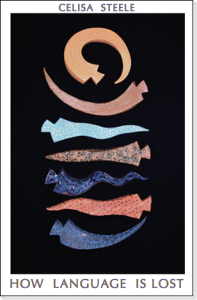I never knew a middle class black family until I went to college. Instead, this was my reality growing up in rural Virginia.
Mr. Hutchins
I sat at the kitchen table drawing with my fat pencil
as my grandmother hummed
and patted out dough for fried apple pies.
This far out in the country you had to
either take your garbage to the dump
or burn it.
Mr. Hutchins was the colored man we paid
to pick it up for us. He had been at it long enough
to have his own honest-to-god garbage truck.
I watched it creep down our long gravel drive,
and stop. Mr. Hutchins swung down,
dragging the floppy rubber can by one arm,
his other gloved hand extended for balance,
until he disappeared behind our house.
The opening maw and final crush
were the highlights I waited for,
but today there came a knock at the door
and his blackened hat held to his chest.
Ms. Yancey, please, if’n you don’t mind,
if I could trouble you just for a glass of water,
it’s mighty hot and I’m powerful thirsty.
My grandmother smiled, took down
a white porcelain mug, and drew him
a cold cup of water. He downed it
on the porch, thanked her genuinely,
put the cup on the rail, and was gone.
I watched the truck lumber back up the drive,
and my grandmother retrieve the cup from the rail
and drop it gently into the trash
before spooning butter on the apples,
leaving me wondering
what to believe:
the water,
or the cup.
– from the collection Dancing the Haw



